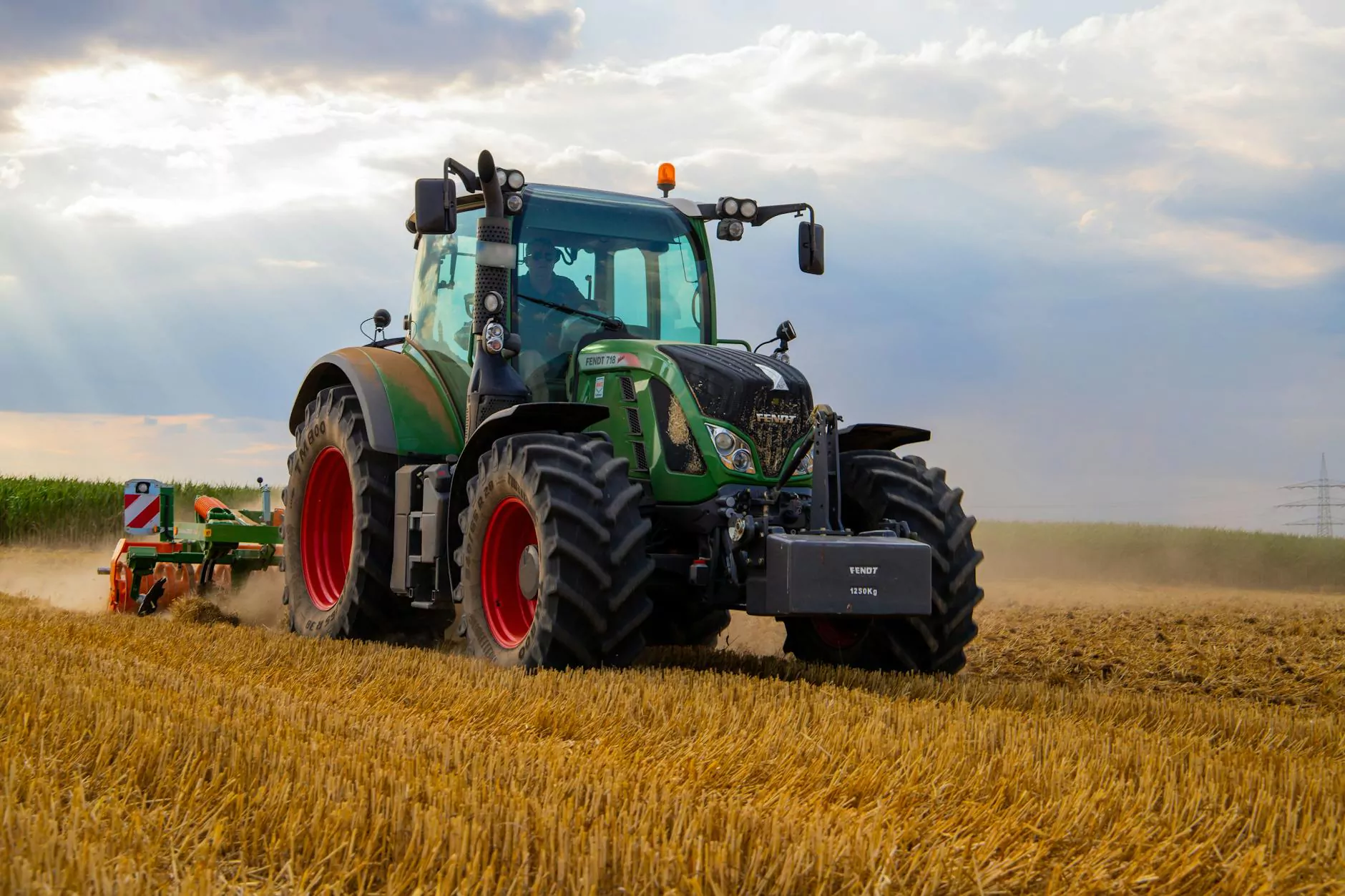The Relationship Between Proper Wheat Drying and Effective Farm Equipment Repair

Understanding the Significance of Wheat Drying in Farming
In the world of farming, the concept of wheat drying holds immense importance. Dry wheat is a fundamental requirement for successful farming practices. The process of drying wheat involves reducing its moisture content to a level where it is suitable for storage and further utilization.
Key Factors to Consider in Wheat Drying
When it comes to what is dry for wheat, farmers need to pay close attention to several crucial factors. Proper ventilation, temperature control, and moisture monitoring are essential components of the drying process. Additionally, selecting the right equipment for wheat drying plays a significant role in achieving optimal results.
The Role of Farm Equipment Repair in Wheat Drying
Effective farm equipment repair is essential for maintaining the machinery involved in the wheat drying process. Timely repairs and maintenance ensure that the equipment operates efficiently, leading to better drying outcomes. Farmers rely on well-maintained equipment to streamline the wheat drying process, ultimately enhancing productivity.
The Impact of Proper Wheat Drying on Crop Quality
Properly dried wheat not only ensures efficient storage but also contributes to the overall quality of the crop. Well-dried wheat exhibits better preservation qualities and reduces the risk of spoilage. By emphasizing the importance of wheat drying, farmers can safeguard their crop and enhance its market value.
Maximizing Efficiency Through Wheat Drying Techniques
Various wheat drying techniques are available to farmers, ranging from natural drying methods to utilizing specialized equipment. Understanding the intricacies of each technique enables farmers to select the most suitable approach based on their specific requirements. By incorporating advanced drying techniques, farmers can optimize efficiency and productivity in their operations.
Enhancing Sustainability in Farming Practices
Embracing proper wheat drying practices not only benefits crop quality but also promotes sustainability in farming. Efficient drying techniques reduce energy consumption and minimize waste, aligning with environmentally conscious farming practices. By prioritizing sustainable methods, farmers contribute to the long-term health of their operations and the surrounding ecosystem.
Conclusion
Proper wheat drying is a critical aspect of farming that significantly influences crop quality and overall productivity. By understanding the significance of wheat drying and the role of farm equipment repair, farmers can optimize their operations and achieve sustainable success in the agricultural industry.



